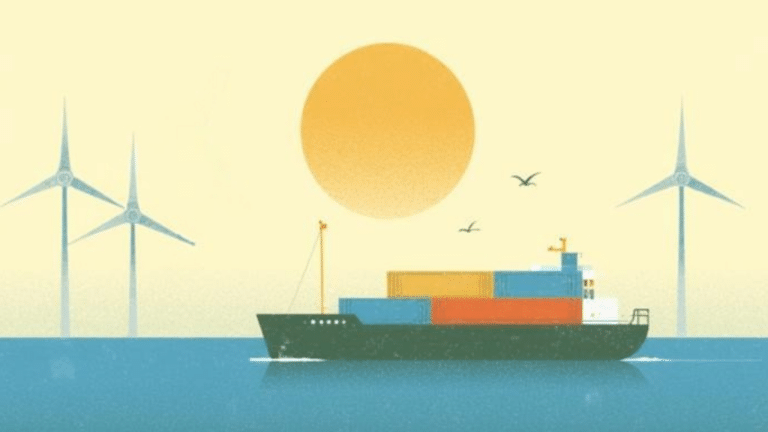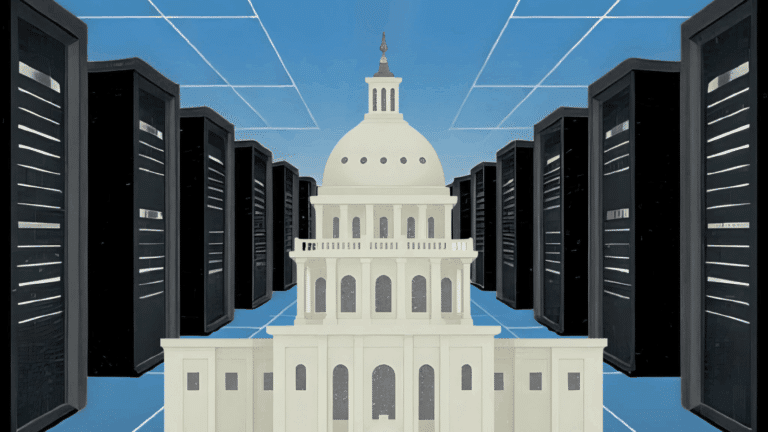Could a strategic lithium reserve kickstart US supply chain development?
NEW YORK -- A strategic lithium reserve is being mooted as a solution to stabilize volatile prices that have hindered American mining projects, allowi
Current Access Level “I” – ID Only: CUID holders, alumni, and approved guests only
Past Event
November 10, 2022
2:30 pm - 3:30 pm
Please note: To attend in person in Sharm el-Sheikh, Egypt, attendees are required to register to attend the event and register to enter the Climate Action Innovation Zone.
Geopolitical upheaval, combined with an energy affordability crisis, is straining the ability of global markets to meet basic energy needs around the world at a time when the transition toward clean energy sources must accelerate. As winter approaches in the Northern Hemisphere, policymakers are struggling to secure an affordable, reliable energy supply for their countries. At the same time, the consequences of unrestrained fossil fuel usage are coming into sharper focus, as humanitarian and economic costs mount from rising sea levels, heatwaves, wildfires, coastal inundation, and droughts. Despite recent hard-won progress, the world still remains off track from meeting global climate goals. It is therefore vital that the response to the current energy crisis also supports progress towards net zero, and in a way that does not reinforce historical inequalities surrounding energy access.
As the tensions between meeting current energy needs and accelerating climate action escalate, policymakers face a series of difficult choices. How can they ensure energy security and affordability without compromising the energy transition? And how can the energy transition address the historic inequities interwoven into the global energy system?
Join Columbia University’s Center on Global Energy Policy at COP27 in Sharm el-Sheikh, Egypt for a discussion with key stakeholders working to accelerate a just energy transition, as they explore the risks and opportunities of this moment. The panel will focus not only on how global events will shape this future opportunity, but also how the transition can rebalance an historically unjust relationship by enabling the Global South to become a key participant and anchor of a shared green energy future.
Moderator:
Speakers:
—
This event will be hosted in person in Sharm el-Sheikh, Egypt. All in-person attendees are required to register to attend the event and register to enter the Climate Action Innovation Zone. Please note: these are two separate registration pages and all attendees will need to register via both forms to access the event. We encourage you to explore the other event offerings taking place in the Climate Action Innovation Zone during COP27.
Advance registration for in-person attendance is required. Upon registration, you will receive a confirmation email.
The event will be live streamed on the CGEP website. Registration is not required to view the live stream. The video recording will be added to our website following the event.
This event is open to press, and registration is required to attend. For media inquiries or requests for interviews, please contact Natalie Volk ([email protected]).
For more information about the event, please contact [email protected].
Register to attend the event in person in Sharm el-Sheikh, Egypt
On January 1, 2026, the European Union's highly-anticipated Carbon Border Adjustment Mechanism (CBAM) will take effect. Introduced in 2023, CBAM will require the importers of certain carbon-intensive goods...

The Center on Global Energy Policy at Columbia University SIPA's Women in Energy initiative and Accenture invite you to join us for an evening of conversation and networking...

The Columbia Global Energy Summit 2026 is an annual event dedicated to thought-provoking discussions around the critical energy and climate challenges facing the global community.

The event is for CUID holders only. Please note: space is limited. The Center on Global Energy Policy at Columbia University SIPA invites Columbia University students to a...

This Energy Explained post represents the research and views of the author(s). It does not necessarily represent the views of the Center on Global Energy Policy. The piece...

Geopolitical uncertainty associated with Russian gas exports could swing the range of those exports by an estimated 150 bcm per year.

From the east to west and north to south, in red states and blue states, attention to data centers is skyrocketing in state capitals across the United States.
